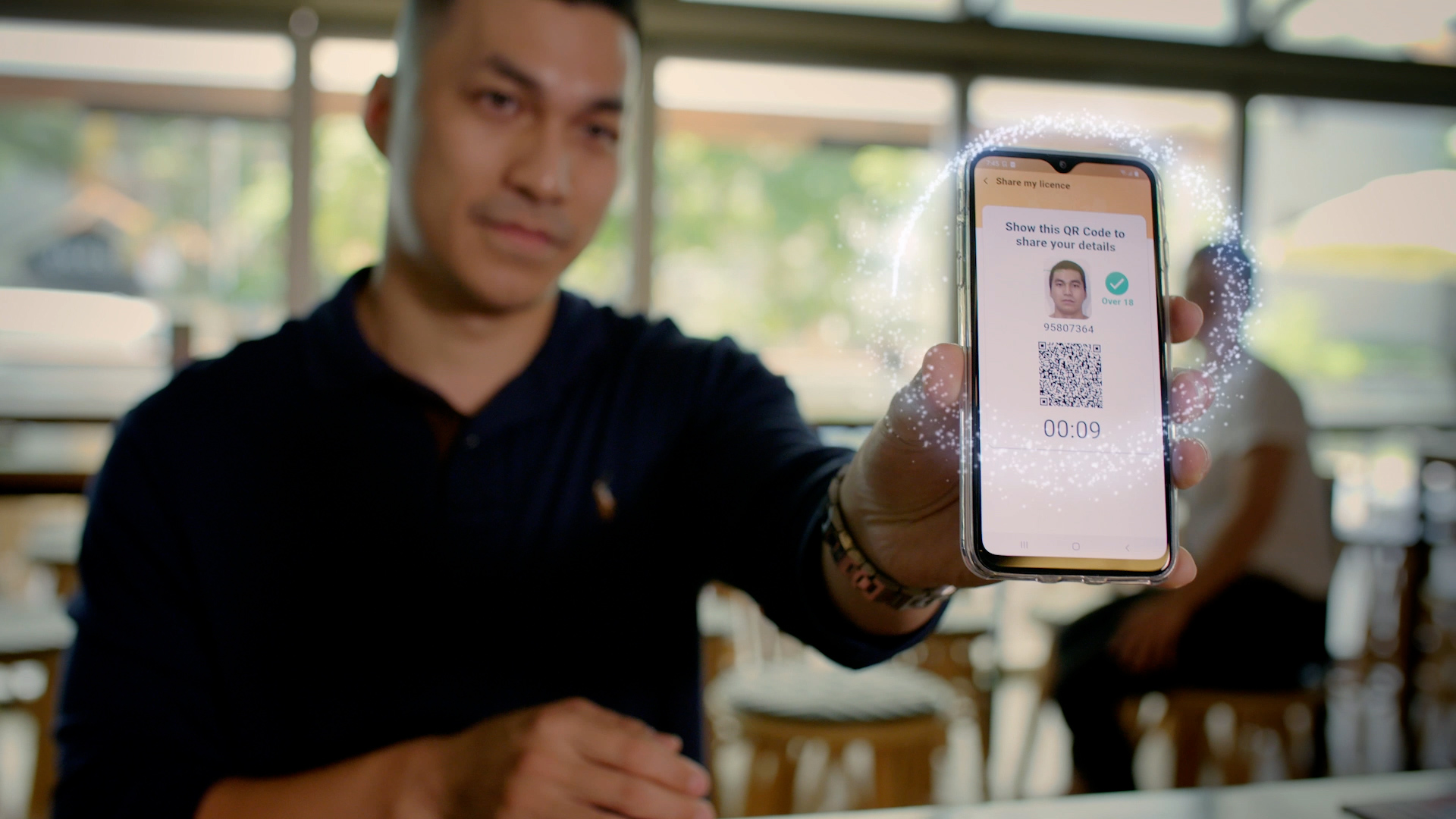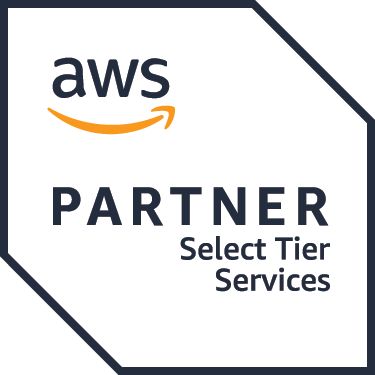As of late 2024, amendments to Anti Money Laundering and Counter-Terrorism Financing (AML/CTF) regime will expand to impact new industries, including services provided by real estate professionals, legal practitioners, accountants, and dealers in precious stones and metals.
Under new AML/CTF laws, these sectors are required to implement robust customer verification, due diligence and strict reporting measures. Know Your Customer (KYC) regulations are enforced by Australian Transaction Reports and Analysis Centre (AUSTRAC).
While implementing new policies and procedures to verify the identity of customers, however, these businesses must do so without compromising data privacy laws, including the Australian Privacy Act which places strict controls over the collection, use and storage of personal data.
Thousands of Australian organisations, therefore, face a compliance puzzle; organisations must systematically verify customers without breaking complex rules around data privacy – all while maximising protections against data breach.
The Challenge: KYC vs. Data Privacy
KYC requirements compel businesses, including those in finance, healthcare and e-commerce, to verify the identities of customers to prevent fraud, money laundering, and other illicit activities.
Traditionally, businesses have relied on physical IDs, scanned documents, and centralised databases for identity verification.
However, time and experience has demonstrated these methods pose several challenges: they often require collecting more information than necessary, increasing privacy risks, and expose businesses to risk of fraud and data breach.
This makes it extremely difficult for Australian businesses to simultaneously fully comply with KYC and privacy legislation. Striking a balance between compliance and customer trust is a mounting challenge for an increasing number of firms.
How ISO-Certified Mobile Driver’s Licences (mDLs) Solve the KYC Meets Privacy Compliance Puzzle
ISO 18013-5-certified mobile driver’s licences (mDLs) introduce new standards and processes for identity verification for businesses and their customers.
These digital identities are privacy and security centric, allowing businesses to authenticate users while minimising data exposure and risk of data breach.

Australia currently has one ISO-certified mDL, in Queensland, and work underway on equivalents in New South Wales and Victoria so that driver’s licences are harmonised across all Australian States and Territories, and compatible with international equivalents.
Key Benefits of ISO-Certified mDLs to Verification of Identities Required for Know Your Customer
- Selective Disclosure: Unlike traditional physical driver’s licences, which expose all personal details when scanned or reviewed, mDLs allow users to share only necessary information (ie. age verification to enter a club, without revealing full birthdate or address).
- Tamper-Proof Security: Built to make the implementation of cryptographic authentication methods a cinch, ISO-certified mDLs are tamper-proof, ensuring the integrity of identity data and your customer, reducing fraud risks.
- Regulatory Compliance: ISO-certified digital IDs align with global data privacy laws by giving users control over their personal information while still satisfying KYC requirements.
- Seamless Integration: Businesses can easily integrate mDL verification into their existing workflows and systems via applications like Veryfyd, QR codes, or secure mobile apps.
- Enhanced Customer Experience: With faster, more convenient and more secure identity verification, customers benefit from a frictionless KYC and onboarding or check-in process.
The Future of Identity Verification
As digital identity technologies continue to evolve, ISO-certified mDLs are fundamental to the future of secure and privacy-centric identity verification for businesses and their customers.
By adopting these next-gen credentials via platforms like Veryfyd, businesses can ensure compliance, enhance security, and build trust with their customers.
For more on Veryfyd, which enables organisations to rapidly implement ISO-certified verification processes, visit veryfyd.com.au.






